Dear reader,
When one speaks of Asean centrality in a new world order, scoffing sceptics trot out the stark image of the many government delegations from South-east Asia rushing to Washington DC – separately – this year to negotiate on tariffs.
Some lament that it was a missed opportunity for Asean solidarity that the 10 member-states did not band together. The fact, though, is that trade balances differ across the grouping from Singapore to Vietnam. National interests are not necessarily aligned.
But there is another, perhaps the most important, reason: US President Donald Trump’s administration “dictated” to Asean countries “to negotiate separately”, revealed Malaysia’s Deputy Minister of Investment, Trade and Industry Liew Chin Tong.
And so they did.
That Asean was vulnerable to such “divide and rule” tactics, as Mr Teo Siong Seng, chairman of the Singapore Business Federation, put it, underscores the urgency with which the grouping needs to get its act together – to be more united, more serious, more confident about its ability to do far, far more.
Mr Teo and Mr Liew, along with Dr Yose Rizal Damuri of Indonesia’s Centre for Strategic and International Studies, were part of an Asia Future Summit (AFS) panel discussion, which I had the opportunity to moderate. Held on Oct 8 and 9, the AFS is a thought leadership conference presented by SPH Media flagship titles The Straits Times, Lianhe Zaobao and The Business Times, with OCBC Bank as the presenting sponsor.
Speakers included Coordinating Minister for National Security K. Shanmugam, Health Minister Ong Ye Kung and Malaysia’s Investment, Trade and Industry Minister Tengku Zafrul Aziz.
While here, Mr Zafrul also took the time to speak to my colleague, assistant foreign editor Zurairi A.R., about his personal metamorphosis after six years in government and two decades as a banker. He said he has begun questioning the free-market system that defined his career.
At this year’s AFS, much of the discussion about Asean’s potential was blue sky thinking. Panellists broached the possibility of the grouping going beyond its current role as a manufacturing hub but also a major consumer of goods and services. It should have a common industrial policy. It could even become a customs union.
But this was also grounded by hard-headed acknowledgements of Asean’s current limitations, not least of all the fact that this is, at present, a grouping of countries in the same bed but with different dreams - tong chuang yi meng, Mr Teo said aptly.
What I found hopeful from the discussion were the concrete ideas of what Asean could do right now to move in a more cohesive fashion.
Dr Yose, for instance, spoke of how it could come up with a common definition of “economic security” to prevent it from being used as a guise for protectionist actions by any one Asean member. Asean may have limited power to influence the big powers, but it can seek to set standards within itself.
Another near-term goal is to respond collectively to the challenge of Chinese over-capacity – where cheap Chinese goods flow to South-east Asia, benefitting consumers but also upending domestic industries and jobs.
Conversations on these issues have started at the Asean Geoeconomics Taskforce, co-chaired by Mr Liew.
The Johor-Singapore Special Economic Zone initiative is another example of Asean collaboration, with its potential discussed during another lively session.
As usual, I leave you with a selection of some of our best reads and podcasts from our correspondents in the past week. Meanwhile, if you have feedback or views you’d like to share, do drop me an email.
Until next week.
H-1B1 still S’poreans’ best bet for a US job, despite tightening immigration rules
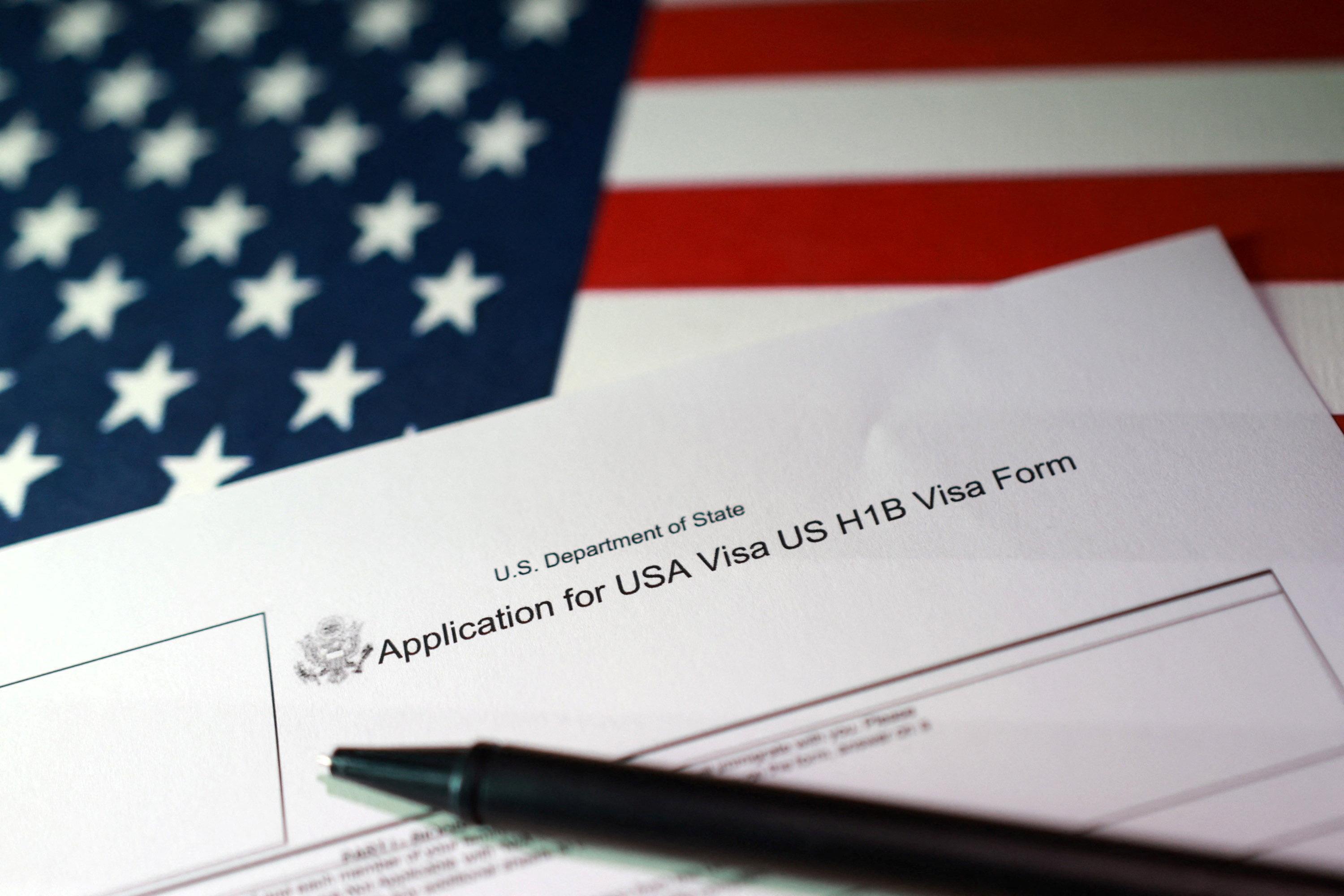
The H-1B1 visa, solely for citizens of S’pore and Chile, is not affected by the $100k fee slapped on the H-1B visa.
For South-east Asia, Gaza is no longer a distant story
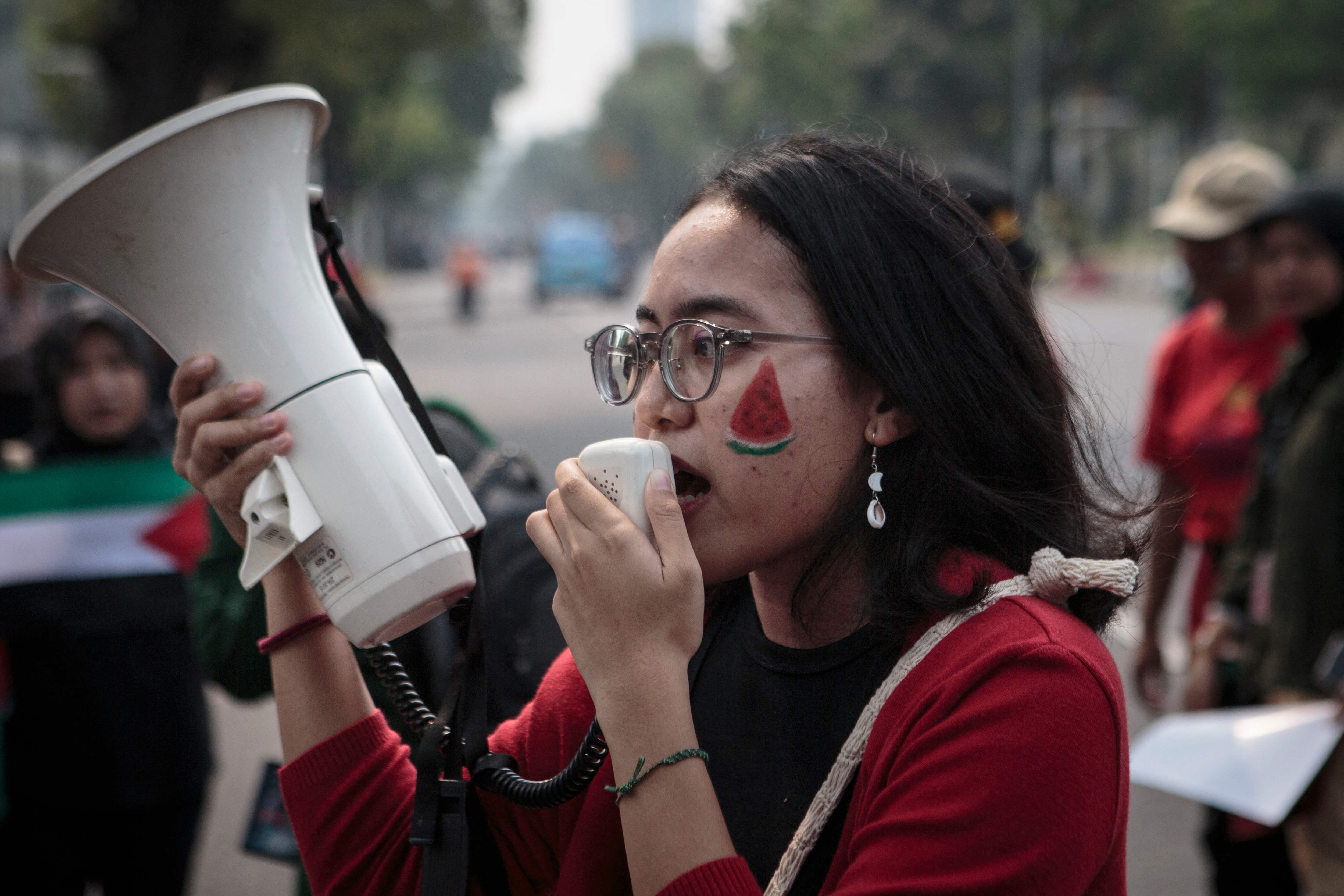
On the conflict, the region has shifted from sympathy to protests and online activism.
Asean is already economically divided. AI will make it worse
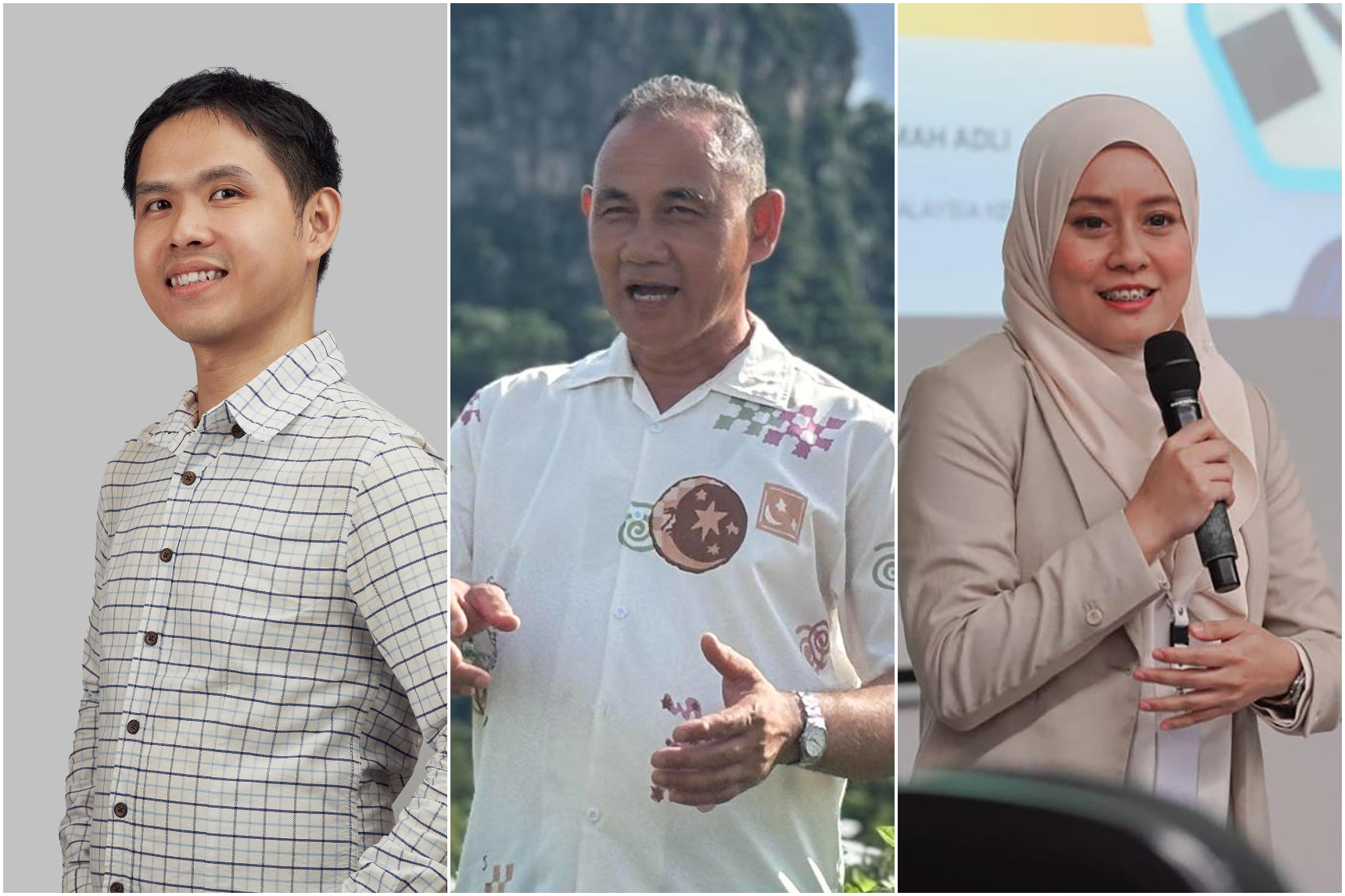
Pews to power: Churches fight to keep grip on Korean politics
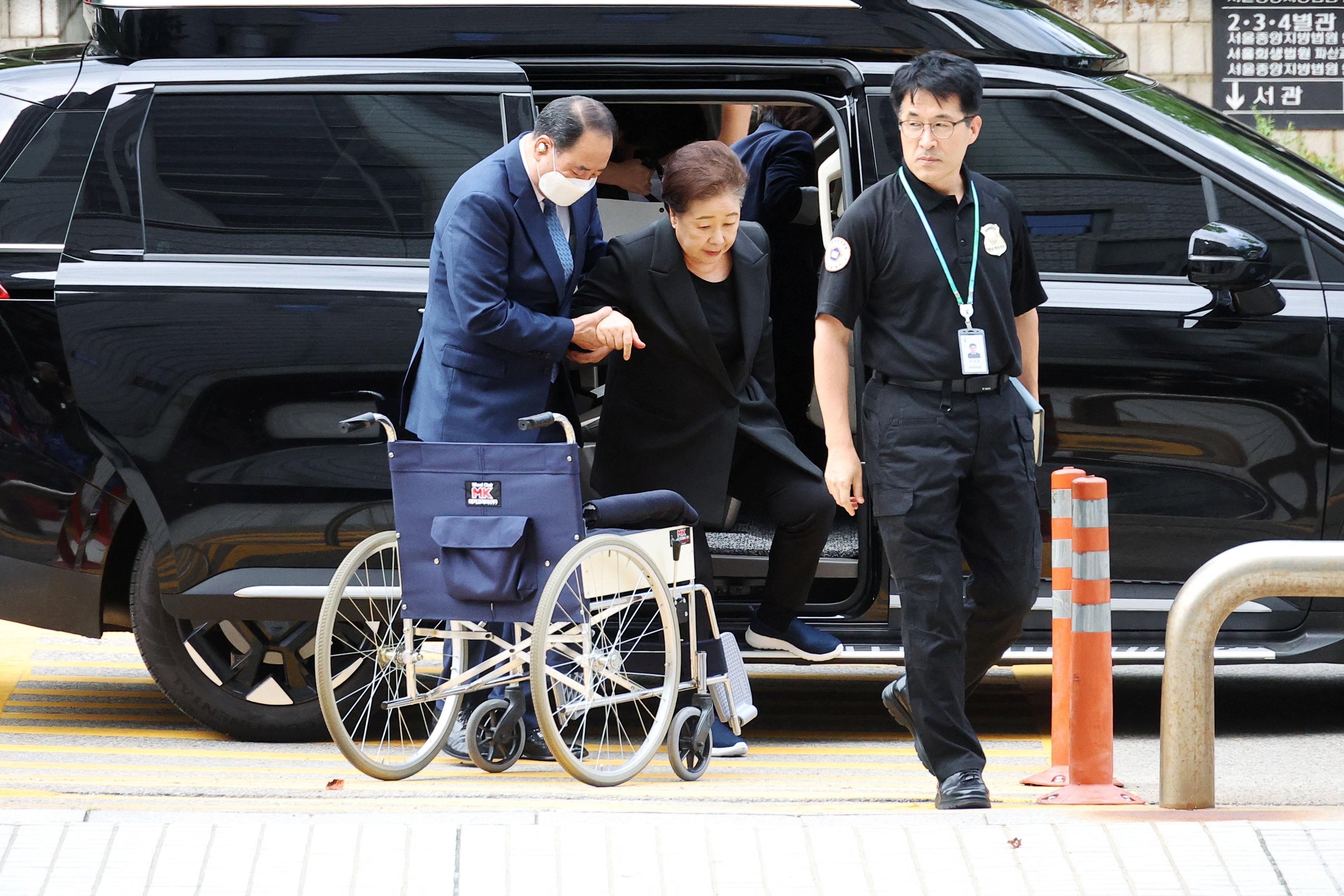
South Korea is seeing a backlash against the influence some churches have had on politicians.
Peace finally descends on the Middle East: Now the battle to make it last begins
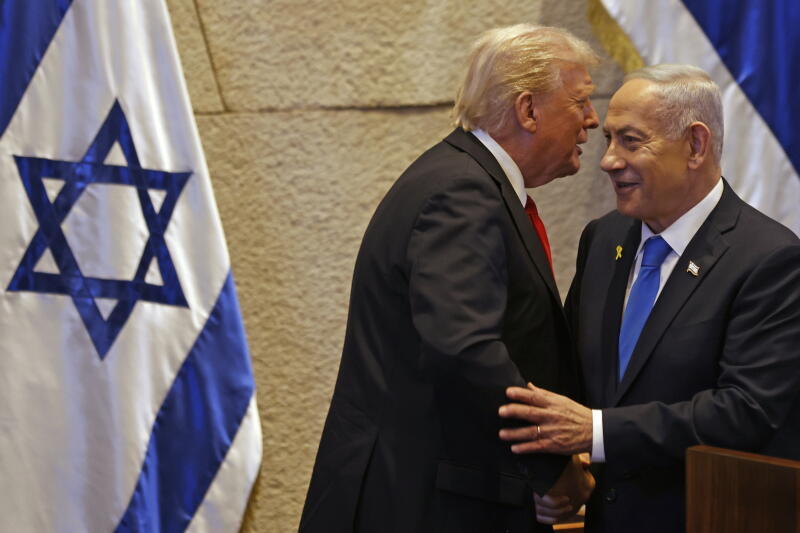
Behind that 100-part bicycle; Asia’s shifting supply chains
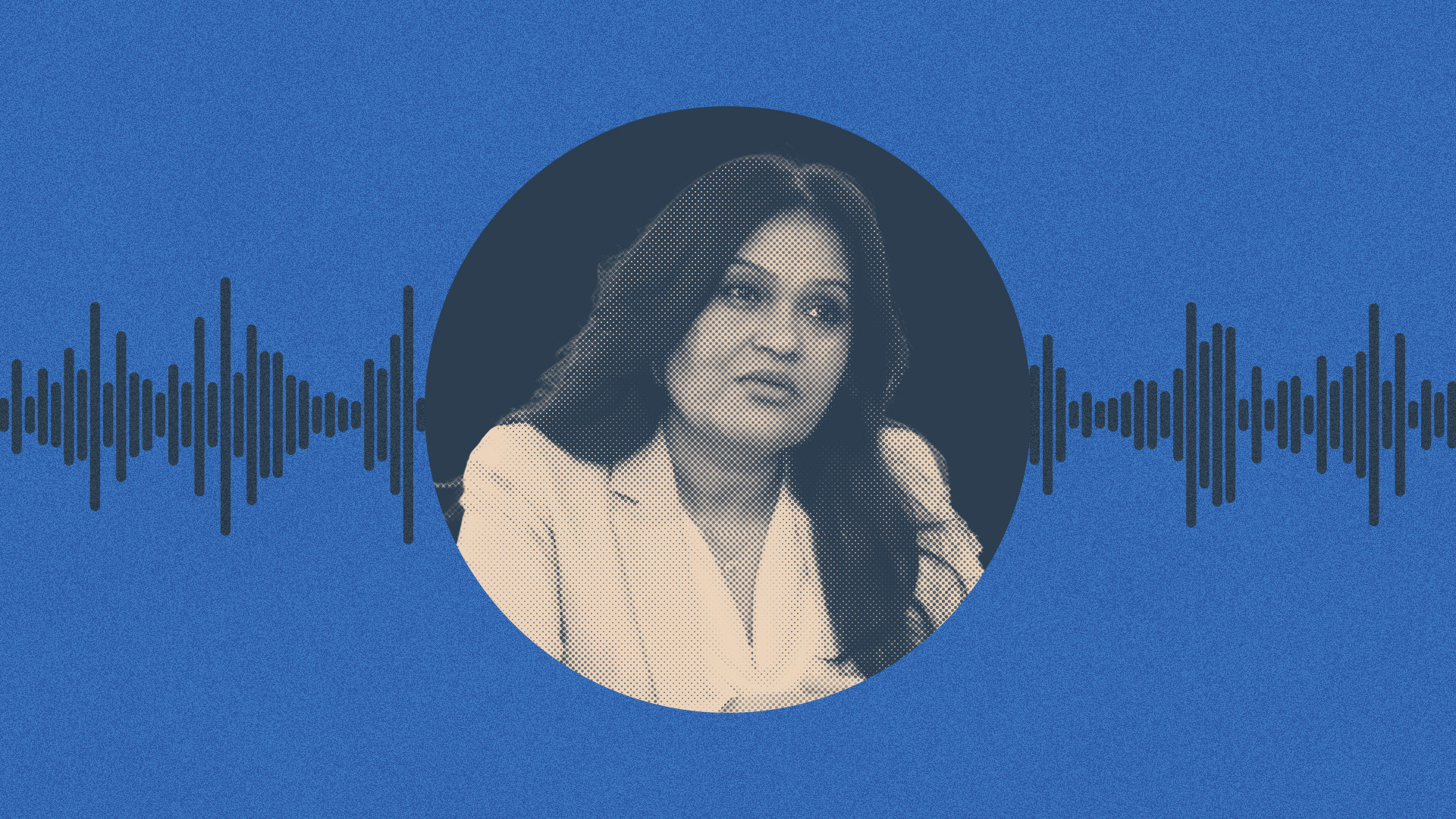
If you received this newsletter from someone, sign up here to get it delivered to your inbox weekly!
If you have any feedback, please drop us an e-mail at st-newsletters@sph.com.sg
